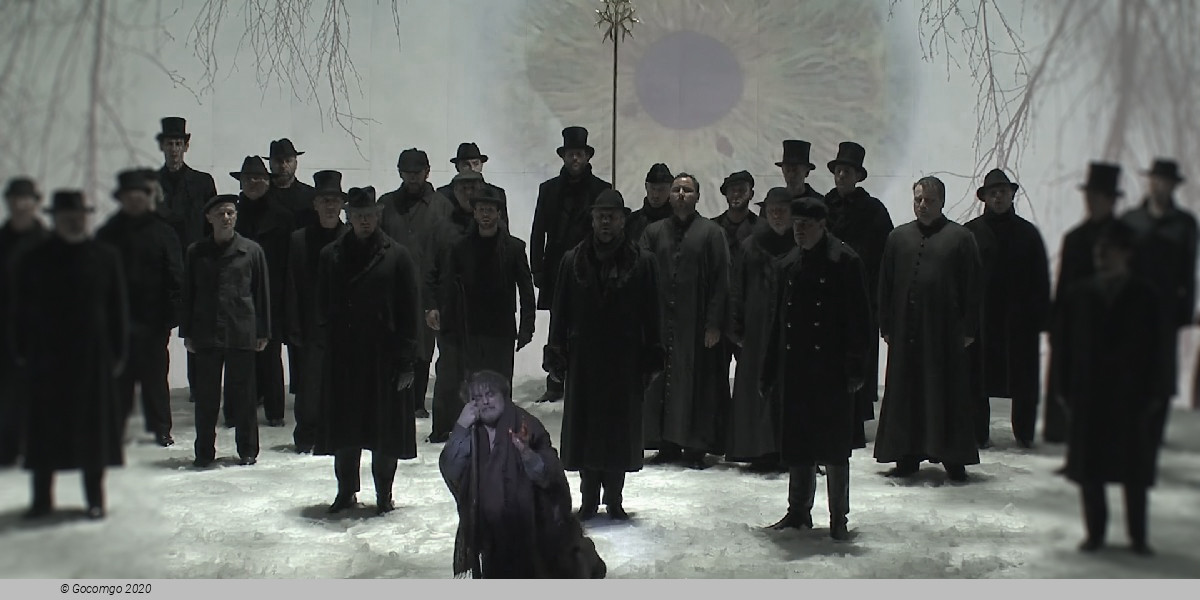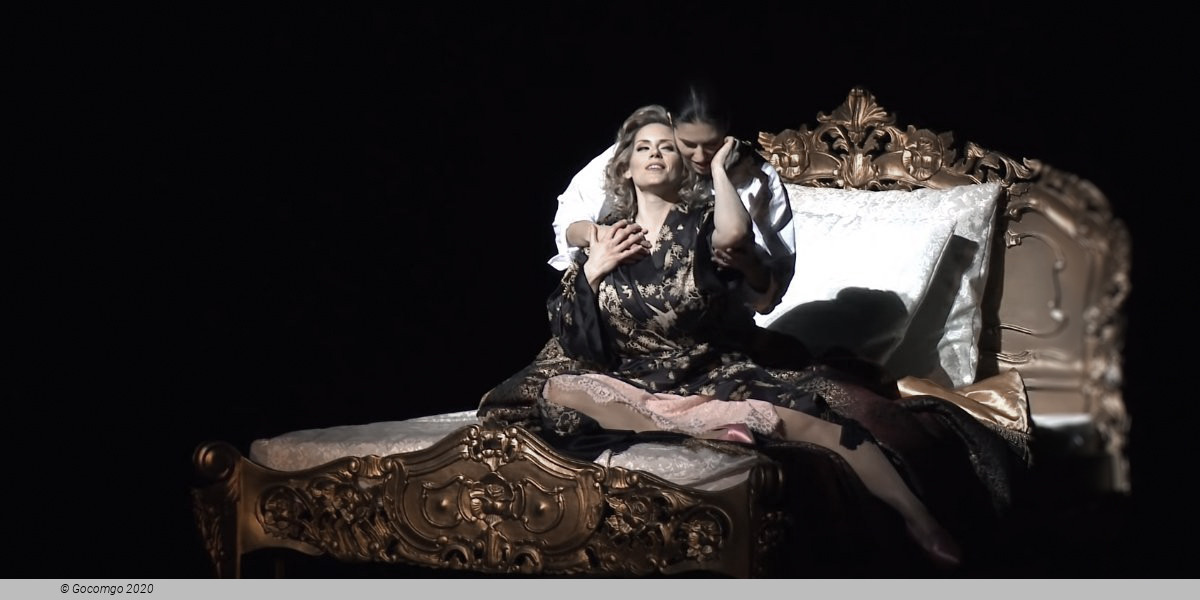Events24 results
About
Günther Groissböck (born on September 24, 1976 in Waidhofen an der Ybbs) is an Austrian opera singer of the bass register.
Life
Groissböck studied singing at the University of Music and Performing Arts in Vienna, and his teachers included Robert Holl and José van Dam. In 2002, he debuted as one of the four kings in Strauss' Die Liebe der Danae at the Salzburg Festival and was then committed as an ensemble member of the Vienna State Opera, where he debuted as Luther in Offenbach's Les Contes d'Hoffmann and u. a. 2nd Mate in Billy Budd, 2nd Mantle in the Magic Flute and 2nd Grail Knight in Parsifal.
Stage
In 2003, Alexander Pereira brought him to the Zurich Opera House, where he was firmly involved for four years and was able to prove himself in larger roles. a. as Sarastro in the Magic Flute, as Sparafucile in the Rigoletto or as Titurel in Parsifal. In 2005 he sang at the Salzburg Festival - as a second cast alongside René Pape - the Sarastro, 2006 and 2007, he took on smaller roles in Idomeneo and Freischütz.
Groissböck has been working freelance since 2007 - at the New York Met, La Scala in Milan, the Bavarian and Berlin State Opera, the Opéra National de Paris, the Deutsche Oper Berlin, at the De Nederlandse Opera in Amsterdam, Chicago, Los Angeles, San Francisco, Houston, at the Teatro Real in Madrid and at the Teatro Liceu in Barcelona. The bass has developed into a wide repertoire, including almost all important Wagner roles (Fafner, Fasolt, Hunding, Landgraf, Pogner, King Marke, Gurnemanz and King Henry), the Orestes in Elektra, the princes Gremin and the second Saretzki in Eugene Onegin, as well as the title role in Boris Godunov.
It was not until fall 2010 that Groissböck - as Sarastro - returned to Vienna, where he sang Fafner and Hunding in 2011 and appeared in two state opera premieres in 2014: as Aquarius in Dvořák's Rusalka and as Heinrich der Vogler in Wagner's Lohengrin. He made his debut at the Bayreuth Festival in 2011 as Landgraf Hermann in Tannhäuser, sang this role there in 2012 - under Christian Thielemann - and in 2013, most recently also took over the Fasolt in Frank Castorf's controversial re-staging of the Ring des Nibelungen.
At the Salzburg Festival in 2014, Groissböck's successful role debut as Ochs auf Lerchenau followed in Harry Kupfer's Rosenkavalier production: "Günther Groissböck as Ochs was one of the trumps of the evening, until the very end best voice. He naturally took the vocal challenge of the otherwise vain savory boastfulness with his - cheap - conquest of wives, he is in the first place a "new" ox. Quasi idealtypical in the sense of the inventors, not a fat fool, but active in the atmosphere of the imperial court, but "verauert". And devious, as it turns out later. It could well be that this overrides a cliché that has been cultivated for decades by roundish comedians by Richard Mayr, the obese Salzburger, who became a legend. "Groissböck will also embody Den Ochs at the Met in New York, Vienna and Munich ,
In 2016 he was seen as Sarasto in the Magic Flute at the Hessian State Theater Wiesbaden. In the Bayreuth staging of Meistersinger by Barrie Kosky in 2017, Groissböck's portrayal of Veit Pogner was positively criticized. In 2017 he sang the Kaspar in Freischütz at La Scala in Milan.
Concert
Groissböck is also successful as a concert singer, u. a. He appeared in the Berlin Philharmonic, in the Gewandhaus Leipzig and in the Dresden Frauenkirche, in the Munich Philharmonie am Gasteig, in Vienna both in the Musikverein and in the Konzerthaus, in the Boston Symphony Hall and in 2014 in the New York Carnegie Hall. He sings the classical bass parts in major choral and orchestral works, such as Haydn's Creation and The Seasons, Beethoven's Missa solemnis and Bruckner's Te Deum, the Requiem by Mozart and Verdi, Beethoven's Ninth and Mahler's Eighth.




